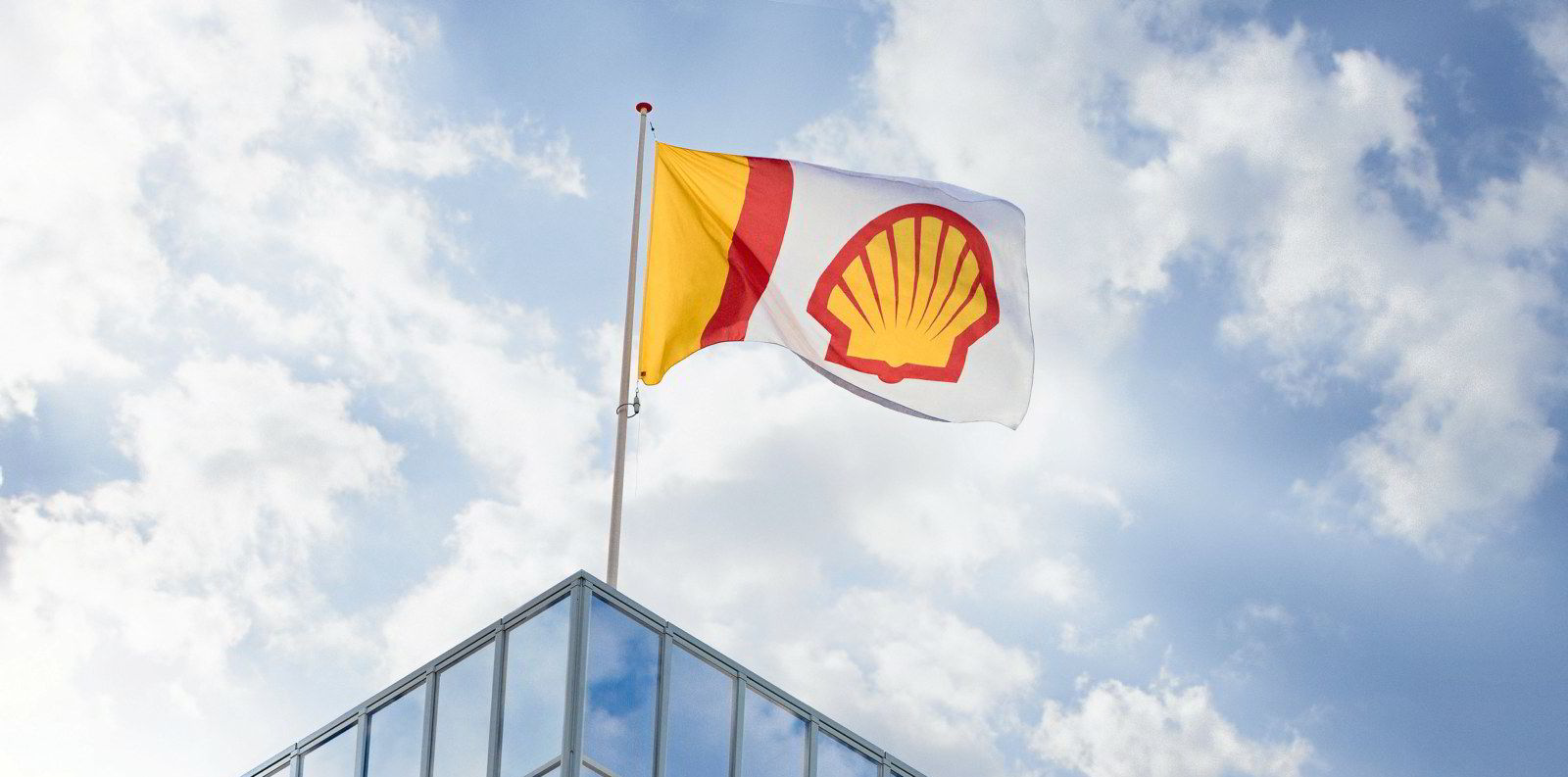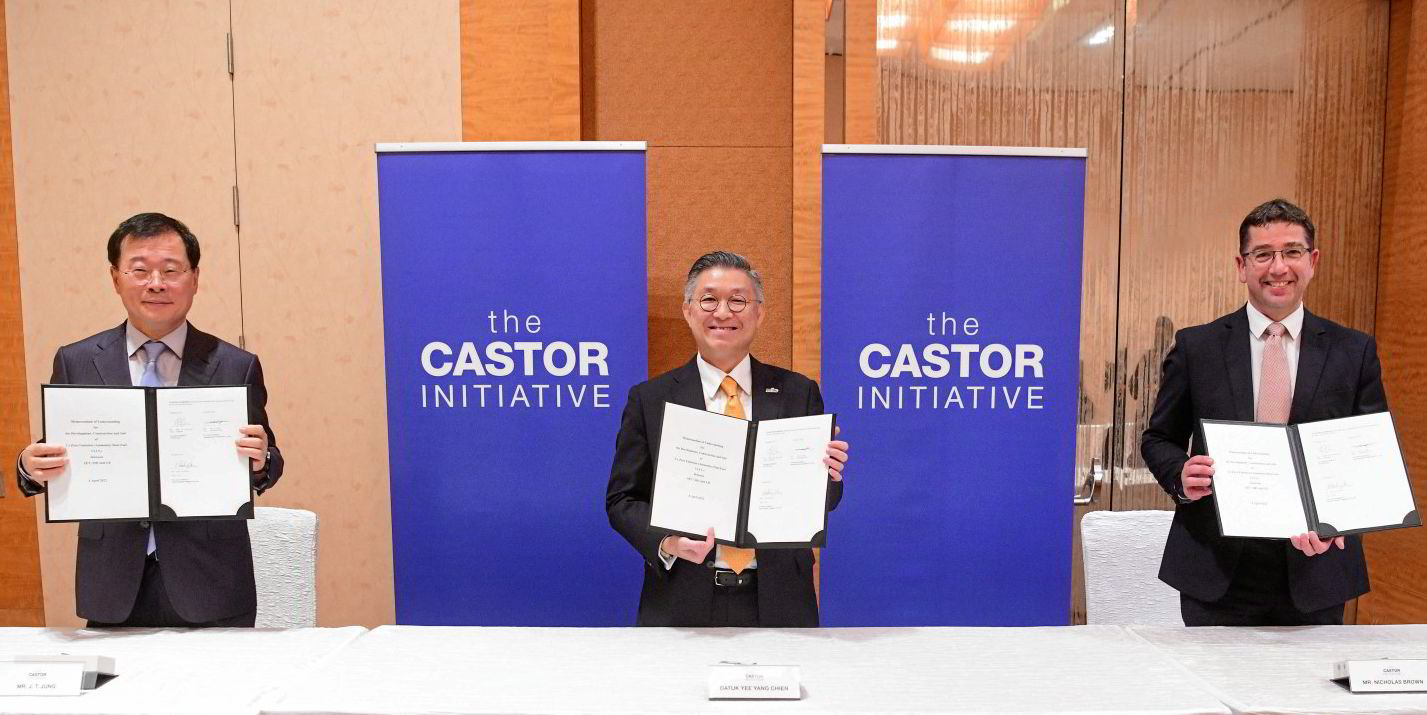Without immediate and deep emissions reductions limiting global warming to 1.5°C is beyond reach, warned the Intergovernmental Panel on Climate Change (IPCC) report today on the Mitigation of Climate Change.
But it stopped short of seeking an alternative political approach to cutting shipping emissions.
The report said 11% of global transport CO2 emissions come from shipping and its emissions continue to grow rapidly due to trade growth.
Decarbonisation options for shipping still require research and development, it said, though advanced biofuels, ammonia, wind energy and synthetic fuels are emerging as viable options. However, they are currently insufficient to limit shipping’s emissions.
“While the International Maritime Organization (IMO) has established emissions reductions targets, only strategies to improve fuel efficiency and demand reductions have been pursued, and there has been minimal commitment to new technologies,” the report said.
Shipping’s sectoral agreements to adopt climate mitigation goals fall far short of what would be required to achieve the long-term temperature goal of the Paris Agreement.
Ahead of the report’s publication, which was delayed today due to political wrangling over its findings, it had been speculated that it might recommend including trade routes for international shipping in countries individual Nationally Determined Contribution (NDCs) under the Paris Agreement.
The report said: “If international aviation and shipping emissions were a part of the Paris Agreement, it may remove something of the present ambiguity of responsibilities.
“However, inclusion in the Paris agreement is unlikely to fundamentally change emissions trends unless targets and enforcement mechanisms are developed” by the IMO or by nation states through global processes.
UN secretary general Antonio Guterres warned in presenting the report that the world ”is on a fast track to climate disaster.”
“Government leaders are doing one thing and saying another. Simply put they are lying,” he baldly stated.
To achieve the 1.5 degree rise for climate warming, emission reductions have to be started immediately and amount to a 43% cut by 2030, the report warned.
Although it said the prospects for technology deployment are better in the shipping sector than aviation, reductions in shipping’s carbon intensity require emission reduction efforts to begin immediately.
“The advantage of shipping fuels is that marine engines have a much higher operational flexibility on a mix of fuels, and shipping fuels do not need to undergo as extensive refining processes as road and aviation fuels to be considered drop-in,” it added.






